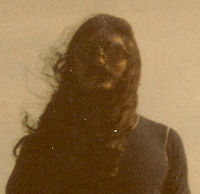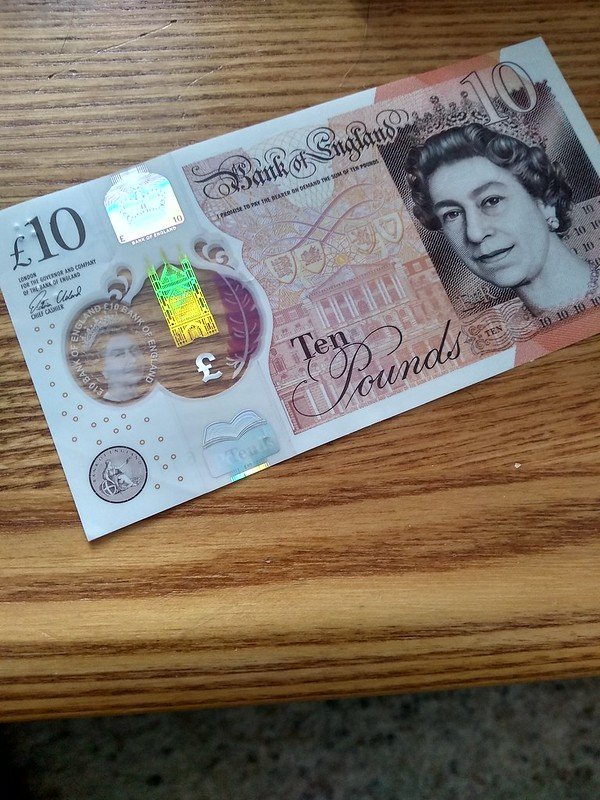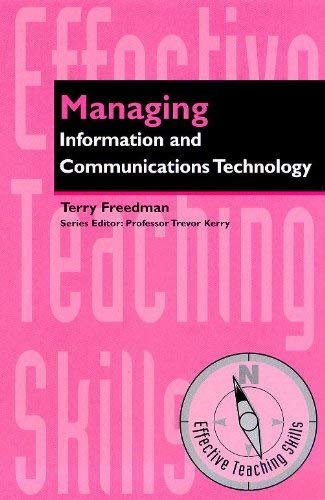This is a transcript of a conversation between Fred Terryman and myself. It’s been lightly edited, with the pauses taken out for ease of reading.
Read MoreWhat makes a great and successful writer?

This is a transcript of a conversation between Fred Terryman and myself. It’s been lightly edited, with the pauses taken out for ease of reading.
Read MoreThis beautifully illustrated volume has relevance to several different curriculum areas, containing as it does accounts of intrepid historical journeys that range from 16th century seafaring voyages to Arctic crossings and even the surveys undertaken to facilitate the moon landings.
Read MorePerhaps the second hardest thing for a writer to do (after commencing work in the first place) is to delete parts of what they’ve written.
Read More
My writing-related filing cabinets, by Terry Freedman
I think evaluations are very odd devices to be honest. Someone once “marked me down” on her evaluation of a one day course I was running on the grounds that the traffic was terrible.
Read MoreOne of the things I’ve been trying out is reworking a piece of text into a completely different style. In today’s experiment I’d like to tell the story in the style of a review of an art exhibition.
Read MoreIn London on June 8th I’ll be teaching a course called Creative Writing Using Constraints, an introduction to the world of the Oulipo. This is a round-up of some of the books I’ll be referring to and talking about.
Read More
Terry Freedman. Photo by Elaine Freedman.
On the 8th June I’ll be teaching a course called Creative Writing with Constraints. (Note the word “constraints”, not “restraints”.) This article outlines how I prepared for it.
Read MoreA book on temporal adventures may seem like an odd inclusion here, but it can actually be used in many ways.
Read MoreDavid Crystal has triumphed again. This is a fascinating book containing hundreds of concise entries on quirky occasions, literary facts and significant events.
Read MoreHolmes and I were in our lodgings in Baker Street. He was drawing out a melancholy tune on his violin, whilst I was reading the latest edition of The Lancet. The silence was unexpectedly broken by the ringing of the bell.
Read More
At a time when even Noddy books have been declared ‘problematic’ due to their use of archaic terms such as ‘swot’ (since changed to ‘bookworm’), some of us might may feel the temptation to unleash our inner ‘Disgusted of Tunbridge Wells’ in response.
Read MoreIn Handwritten we get to see handwritten manuscripts by monarchs, poets, novelists, scientists and many others.
Read MoreI clambered out of the four poster, but at altogether the wrong angle, so blowed if I didn't go careering straight into the wall. I tell you. I tried to ignore it and dragoon the well-known Freedman stiff upper lip into service, but the old noggin was having none of it.
Read More“You’ve been speaking to that blasted Freedman, haven’t you?!”
Read MoreThis course will look at examples of constraints created by some of the Oulipo’s main proponents, with work including the Hundred Thousand Billion Sonnets, the Metro Poem, and others. Course participants will have the opportunity to try out several techniques, and invent one or two of their own.
Read More
Photo by Terry Freedman
This is an updated version of an article I published on this website in 2015. In my experience, it absolutely applies to artists, teachers and other creatives as well as writers or consultants.
Read MoreI’m familiar with a few of the stories in this volume, which features some well-known names such as Raymond Carver, George Saunders, Grace Paley, Ursula Le Guin and Susan Sontag.
Read More
In 2005 I was approached by a publisher who wanted to publish an updated edition of a book that had been very successful, but needed updating. I ended up turning them down
Read More
From Unsplash
I love the subtitle: A history of thinking on paper (my emphasis). I do think there’s much to be said for writing on paper, and there is no paucity of research showing the benefits of analogue over the digital approach.
Read More
The original page containing my article, somewhat mangled after decades of languishing in a box
At the tender age of 17 I was in college, and a student representative on a body called the Joint Consultative Committee. This was a means by which the Principal could learn about the concerns of students in order to, hopefully, address them.
Read More